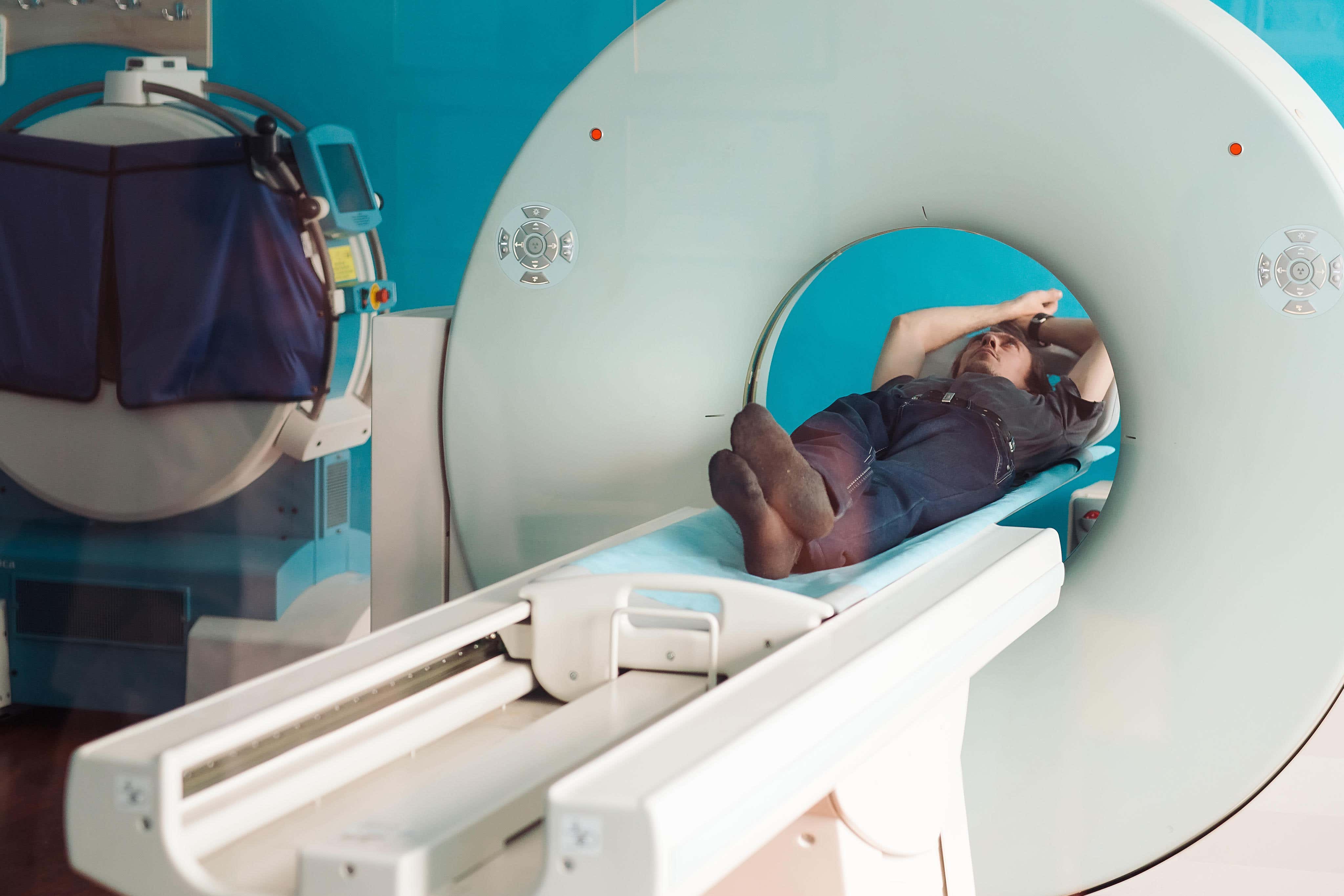Gel-like implant can wipe out tumours in mice with pancreatic cancer, study finds
Study shows 100 per cent response rate to novel treatment, reports Thomas Kingsley


A new treatment can completely eliminate pancreatic cancer tumours in mice, a study has found.
Research by American scientists found tumours across several model types, including those considered most difficult to treat, were eliminated 80 per cent of the time.
“We did a deep dive through over 1,100 treatments across preclinical models and never found results where the tumours shrank away and disappeared like ours did,” says Jeff Schaal, who conducted the research during his PhD in the laboratory of Ashutosh Chilkoti, professor of biomedical engineering at Duke University.
“When the rest of the literature is saying that what we’re seeing doesn’t happen, that’s when we knew we had something extremely interesting.”
Despite only being the 10th most common cancer in the UK, pancreatic cancer is the fifth deadliest with more than 9,000 deaths each year.
Pancreatic cancer is difficult to treat because its tumours tend to develop aggressive genetic mutations that make it resistant to many drugs, and it is typically diagnosed late, when it has already spread to other sites in the body.
“There’s just no good way to treat pancreatic cancer right now,” Mr Schaal said.
Mr Schaal sought to devise an implantation method using a substance made of elastin-like polypeptides (ELPs), which are synthetic chains of amino acids bonded together to form a gel-like substance.
In the new paper, Mr Schaal and his team tested the new treatment with paclitaxel, a commonly used chemotherapy drug, to treat various mouse models of pancreatic cancer.
The researchers tested their approach on mice with cancers just under their skin created by several different mutations known to occur in pancreatic cancer. They also tested it on mice that had tumours within the pancreas, which is much more difficult to treat.
The study published in Nature Biomedical Engineering, overall showed a 100 per cent response rate across all models, with the tumours being completely eliminated in three-quarters of the models about 80 per cent of the time. The tests also revealed no immediately obvious side effects beyond what is caused by chemotherapy alone.
The approach, however, is still in its early preclinical stages and will not be available for humans for some time.
The researchers say their next step is large animal trials, where they will need to show that the technique can be accurately done with the existing clinical tools and endoscopy techniques that doctors are already trained on. If successful, the first phase of clinical trials will be possible.
“My lab has been working on developing new cancer treatments for close to 20 years, and this work is perhaps the most exciting we have done in terms of its potential impact, as late-stage pancreatic cancer is impossible to treat and is invariably fatal,” Mr Chilkoti says.
“Pancreatic cancer patients deserve better treatment options than are currently available, and I am deeply committed to taking this all the way into the clinic.”






Join our commenting forum
Join thought-provoking conversations, follow other Independent readers and see their replies
Comments